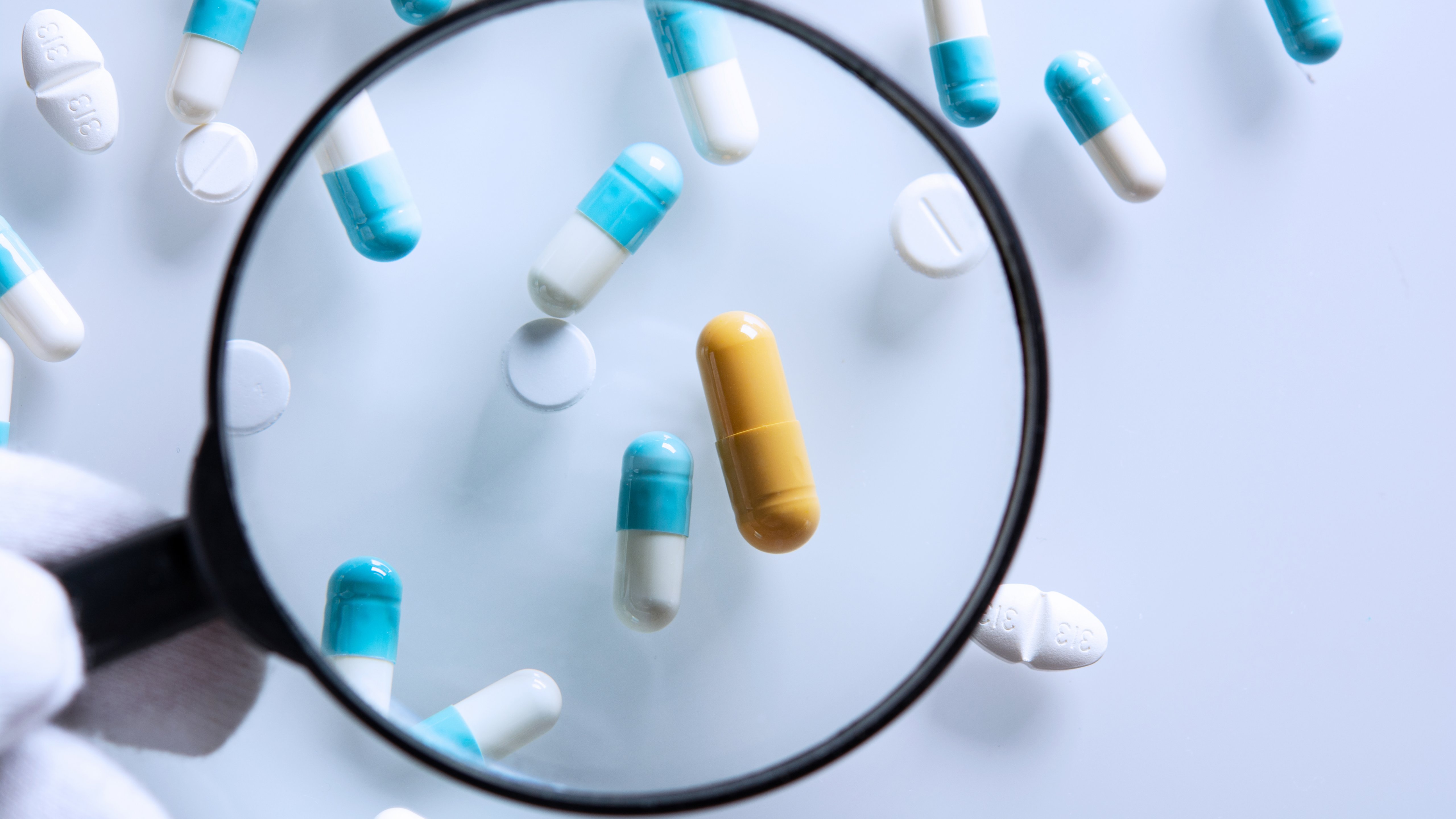Why is Serialization Important?
Over the next few years, global mandates will require manufacturers to exchange transaction information in an interoperable electronic manner. In the United States, The Drug Quality and Security Act will be in effect by 2023; The ANVISA regulations will be enforced in Brazil by 2020; The European Falsified Medicines Directive is currently being implemented throughout 2019; while in China, the China Food and Drug Administration Regulations are currently in effect.
Taken together, more than 75 percent of the world’s prescription medication will be protected by legislation by the end of 2019.
To date, only production-related information, such as the expiration date and lot codes, has been printed on products and their final packaging. However, serialization – the application of a unique alpha or numeric identifier on every pharmaceutical package down to the unit level of sale – is a common requirement among the otherwise disparate international initiatives scheduled to take effect in the next few years.
These unique identifiers must be stored in a database along with other information about the item, including manufacturer and batch details. Using unique serial numbers, the authenticity of items can be verified against the database at every step in the distribution chain, from the manufacturer to the consumer.
Thankfully, the ability to have a solution that includes real-time visibility, ISA-95 certification, while meeting pharmaceutical serialization requirements is now possible.
A Holistic Approach to Product Tracking and Traceability
Global pharmaceutical companies lose an estimated $75 billion annually to counterfeit, grey market and stolen product. To help combat this, the Rockwell Automation serialization solution takes a holistic approach to product tracking and traceability – providing a single approach to address regulations, product counterfeiting, and recalls.
The solution is built on industry standards (IEC 61131, ANSI/ISA-88, ANSI/ISA-95) and uses open network and communication protocols, and commercial off-the-shelf technologies, eliminating the need for black-box proprietary control solutions and the associated custom interfaces and custom drivers that they require.
This open approach gives both OEMs and end users a single solution to address current and upcoming regulations, product counterfeiting and product recalls for the pharmaceutical industry. It can be a complete turnkey solution, from packaging to MES to ERP to Cloud or a scalable solution to where your current needs are today.
The Rockwell Automation Solution delivers five key benefits to pharmaceutical manufacturers:
- Scalable, Flexible, Customizable: The global solution is scalable to provide design, delivery and long-term service and support, and is fully compliant with GS1 standards. The solution is scalable to meet the needs of any customer — from small-scale solutions for OEMS to full-scale, end-to-end solutions to help adapt to changing requirements and withstand company growth.
- Seamless Interoperability: Interoperability among all machine devices, control systems, manufacturing execution systems, and information and business systems
- Centralized Data Management: Data management is critical for current operations and for extra layers of information regulatory compliance requires
- Full Traceability: Traceability is required in operations across the entire supply chain, from manufacturing and distribution, to point of dispense
- Common Data for Actionable Intelligence: Access to real time insights helps manufacturers minimize business risk, comply with regulations and protect their investment
